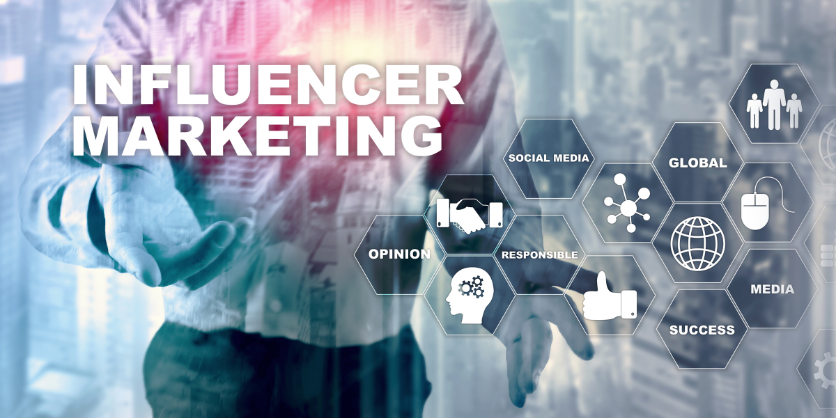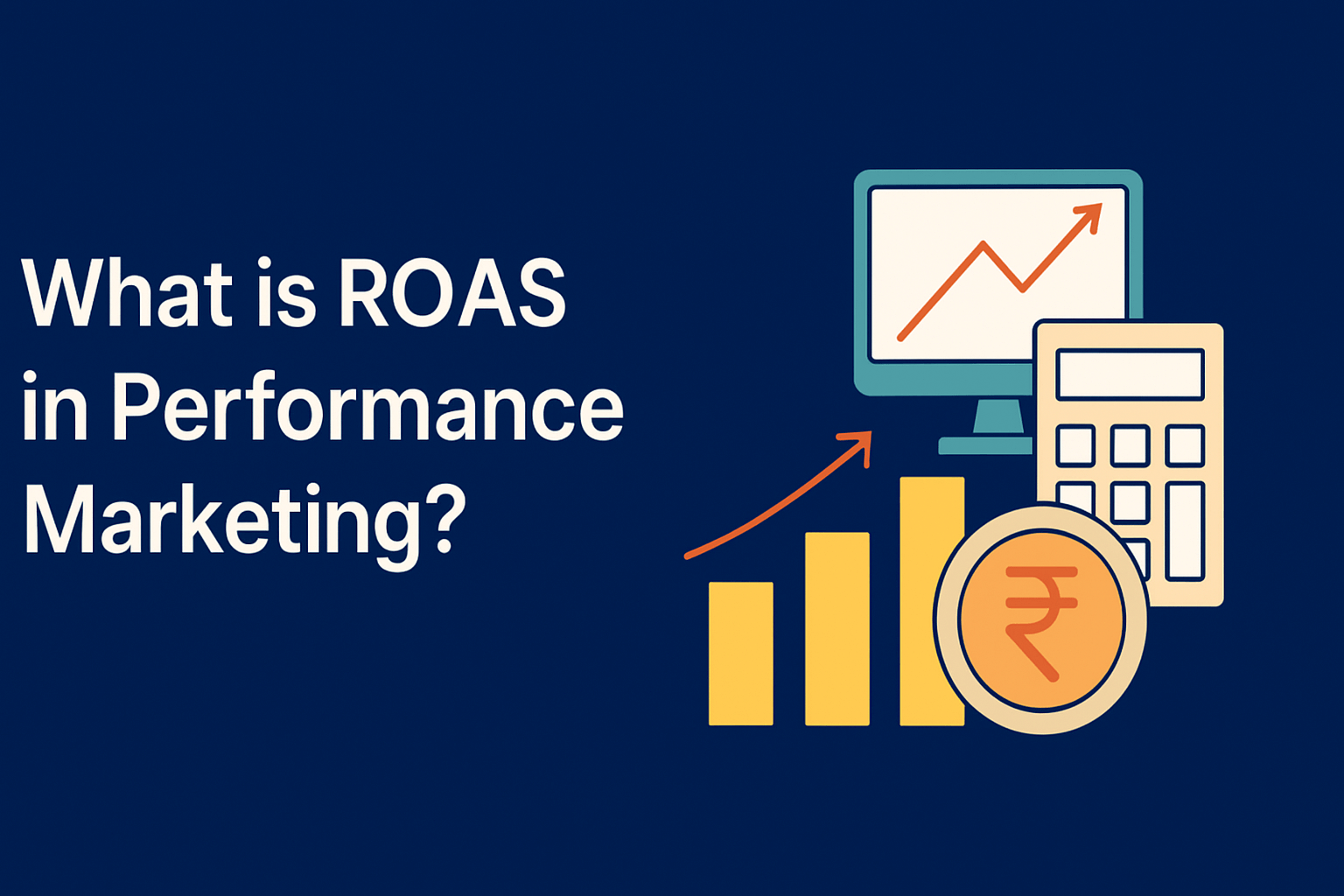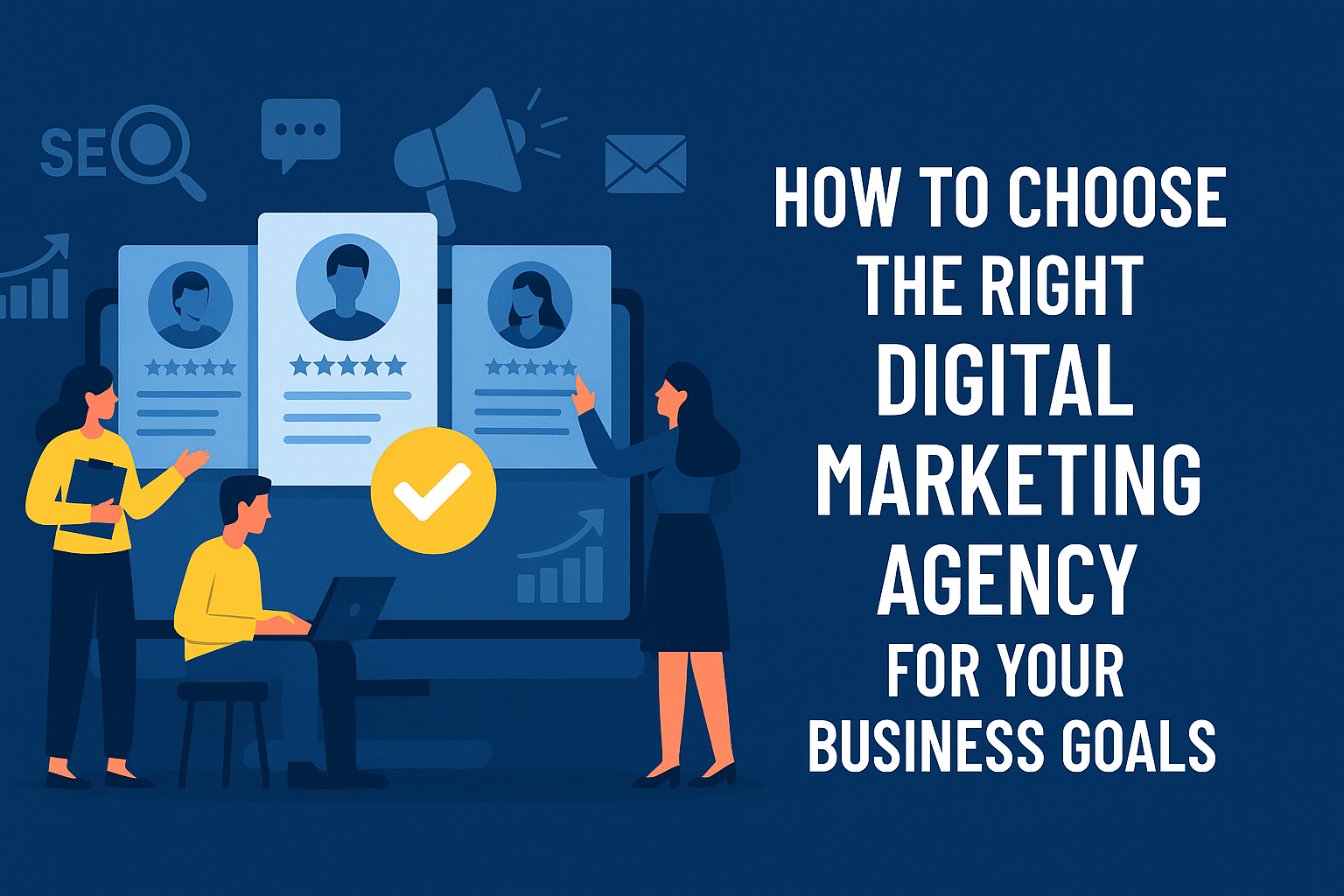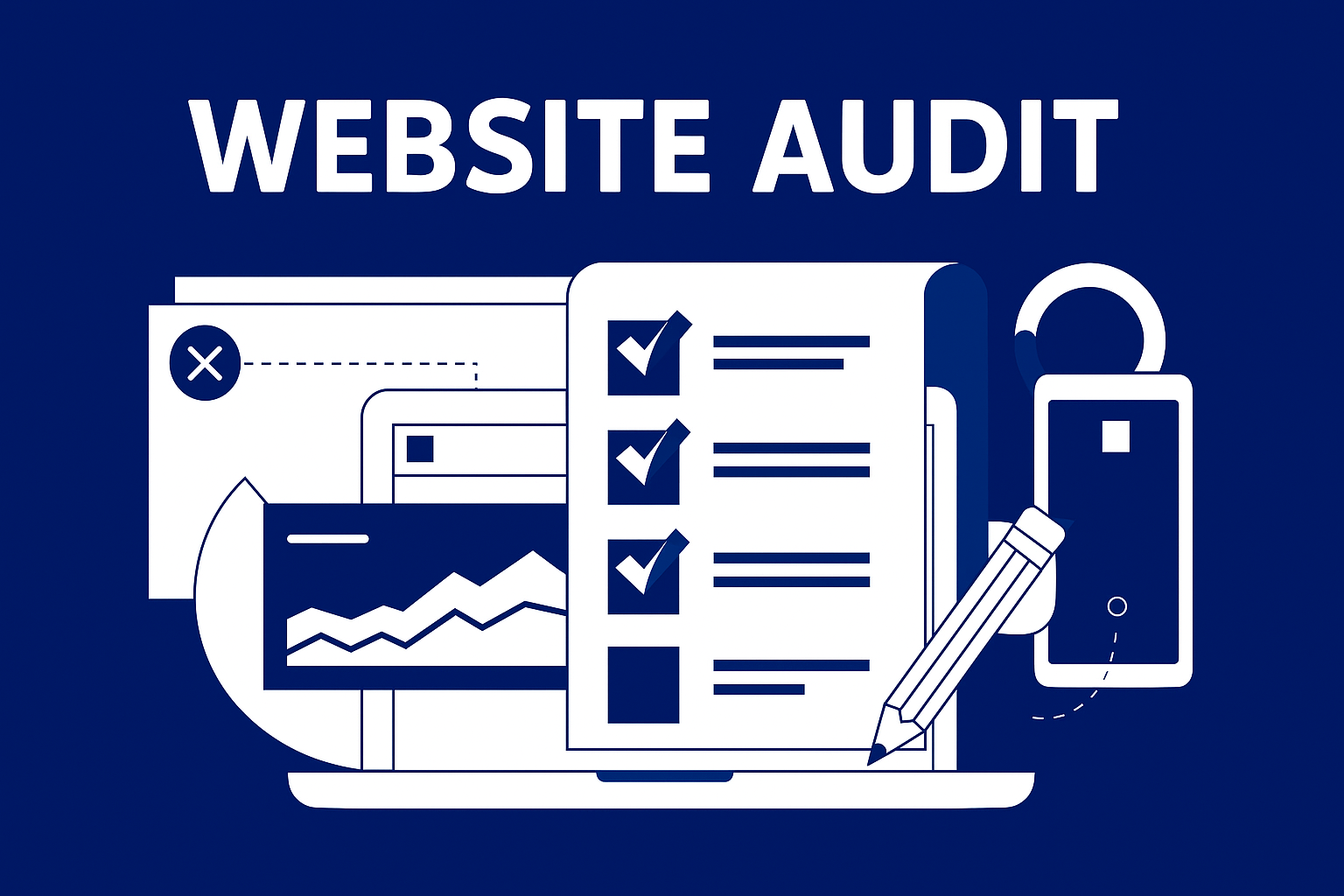Influencer marketing took its inception around 2006 when influencers were mere content creators and the content was mostly textual. As time passed, these content curators started to turn into celebrities. Even celebrities and public figures began to create content and become influencers. As a result, they were enjoying an immense group of followers who not only appreciated them for their lifestyle and beauty but also developed faith in their endorsements.
It was then influencer marketing hit the podium. Brands began to collaborate with influencers and leverage their credibility to promote their products and services through paid partnerships. When followers began to see their favorite content creators recommending a certain product, service, or brand, they were wholeheartedly likely to buy it. This drove the popularity of influencer marketing and made it one of the most sought digital marketing channels among businesses.
The influencer marketing channels are brimmed with sponsored content, contests, giveaways, affiliate links, discount offers, and brand ambassadorial partnerships. And this appears to grow at the same rate in the years to come. Do you know what factors drive this growth? Let’s find this out in the following section.
What Factors are Continuously Driving Influencer Marketing?
When influencer marketing was inception, there were only a few influencers aka bloggers in the industry. They were mostly sharing about their lives, lifestyles, and products of their interests. But the last 15 years have made influencer-based content creation a career people love to choose. What earlier was a skeptical career choice opted by people as a side hobby, has now become a full-time career that can offer a living.
The industry now has a plethora of content creators and influencers who can promote the products of eCommerce brands in exchange for a fee. Influencer marketing has reached the top 5 marketing strategies of a majority of e-commerce businesses. The following reasons can support this transformation.
- Growing Number of Influencers
More than a decade ago, there were content creators who brought their thoughts to the world via blogging. They had their chosen platforms to upload blogs and share about their lives, lifestyles, etc. Blogging was mostly a pursuit, a passion for the content creators, rather than an actual job. However, the evolution of newer platforms in the subsequent years and customers’ movement on them drove these creators to these websites.
This gave content creators the opportunity to turn their passion into a career and earn a living. Facebook, Instagram, and YouTube are currently the most popular channels where each day an inspiring social influencer takes birth. Successful influencers are continuously growing and promoting numerous eCommerce brands via their channels.
- Diverse Style of Content
Earlier, only textual blogging used to be a convenient medium to spread thoughts. Influencer marketing paved the way for content creators to step up and choose other channels to make a voice. YouTube channels, Instagram Reels, stories, videos, TikTok videos, and podcasts are a few popular ways.
Here they can use their creativity, skills, and knowledge to develop diverse content and gain followers. People find this diversity quite enjoyable, making them follow the influencers. ECommerce companies, in turn, leverage this popularity for their own product popularity.
- Rise of Influencer Marketing Companies
The growing need for influencers and also the requirement to create high-quality content has led to the growth of influencer marketing companies. Independent content creators have turned into full-time agencies to handle the promotion of different eCommerce products and brands. They have a super influencer marketing strategy for the growth of businesses. Hence, businesses can take complete advantage of their talents and boost the popularity of their products in the world.
How ECommerce Brands Use Influencer Marketing To Grow
Since followers trust social influencers, influencer marketing can easily create a confident market for ECommerce brands before the followers. This way, brands can gain a new audience from a single content creation. They can yield the following benefits via associating with high-quality influencers.
- Increase Brand Visibility
Brand visibility is the foremost priority for which ECommerce businesses employ influencer marketing. Especially if it’s a startup, gaining people’s attention and following may take several years, but with influencers, it gets quicker.
How? Influencers share the brand’s story with their followers and try to entice their attention toward the brand’s products and services. This not only increases the brand’s awareness socially but on search engines too, and thus works as a significant ranking factor.
- Access to User-Generated Content
Information shared by social influencers works as a valuable opinion for the followers. In fact, what an influencer says about a brand influences the audience more than what the brand says for itself.
Brands can post this shared content on their page by reposting their images, stories, hashtags, etc. The user-generated content even includes what followers share about the brand after getting influenced. Brands can prepare a plan for user-generated content and share them during product promotions, sales, discounts, and holiday seasons.
- Bring In Testimonials
Testimonials and positive feedback play a significant role in attracting audiences. Brands add testimonials from influencers on their store’s website to gain people’s trust for their products and services. Especially if it’s a new brand, testimonials can introduce it to a large audience segment, and boost their following and sales.
Unboxing videos, review clips, product ratings, etc. are vital steps in an influencer marketing campaign, that can help generate more leads and boost sales.
- Micro-Influencers for Startups
Influencers can be both, a celebrity and a non-celebrity. A social influencer with fewer followers (also called a micro-influencer) can have a high engagement rate. On the other hand, one with a million followers may not assure sound engagement or purchases. In such a scenario, brands tend to collaborate with micro-influencers.
Even studies say that more than 80% of people prefer to trust a recommendation by a micro-influencer. These influencers allow brands to connect with a niche consumer group and enjoy genuine engagement, leading to long-lasting customers.
- Offer Promotions to Audiences
Brands even use influencer marketing to spread the word about their promotional offers among a niche customer group. When a social influencer shows confidence in a brand’s products in front of his/her audience, they are more likely to buy these products. Plus, by providing a purchase or download link, brands can streamline the route between the store and potential customers.
Leveraging from influencer marketing isn’t rocket science but needs strategic planning. Professional digital marketing and performance marketing professionals can help you do that. These professionals are experts, working with different brands across the world and boosting their growth via intelligent influencer marketing campaigns.
VerveOnlineMarketing is one such team of performance marketing experts serving businesses worldwide. Get in touch with us to comprehend the process of influencer marketing and utilize it for better engagement, leads, sales, and hence business growth. Click here to request a proposal.






